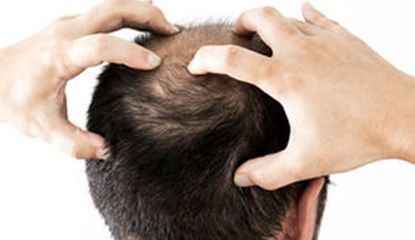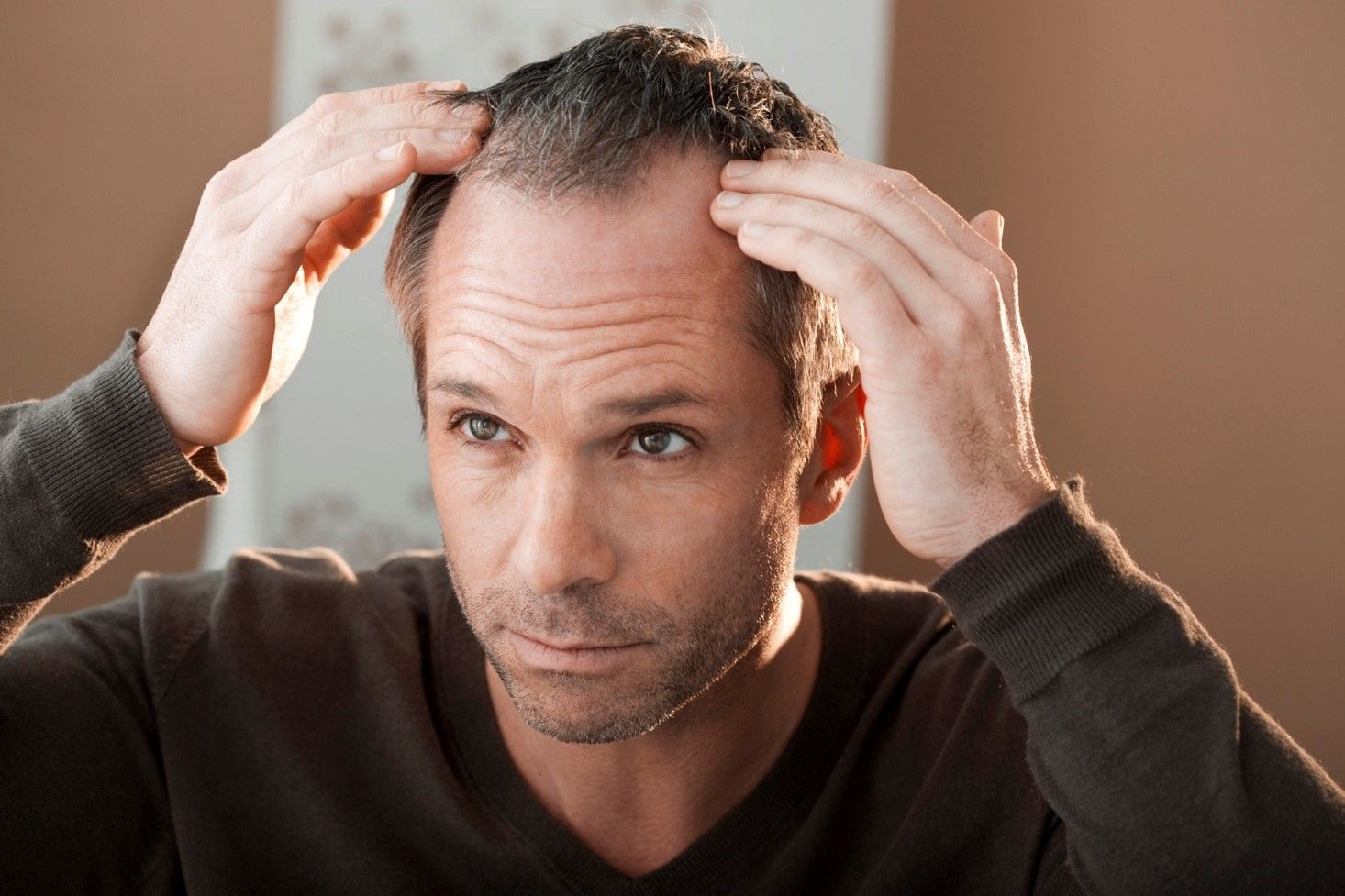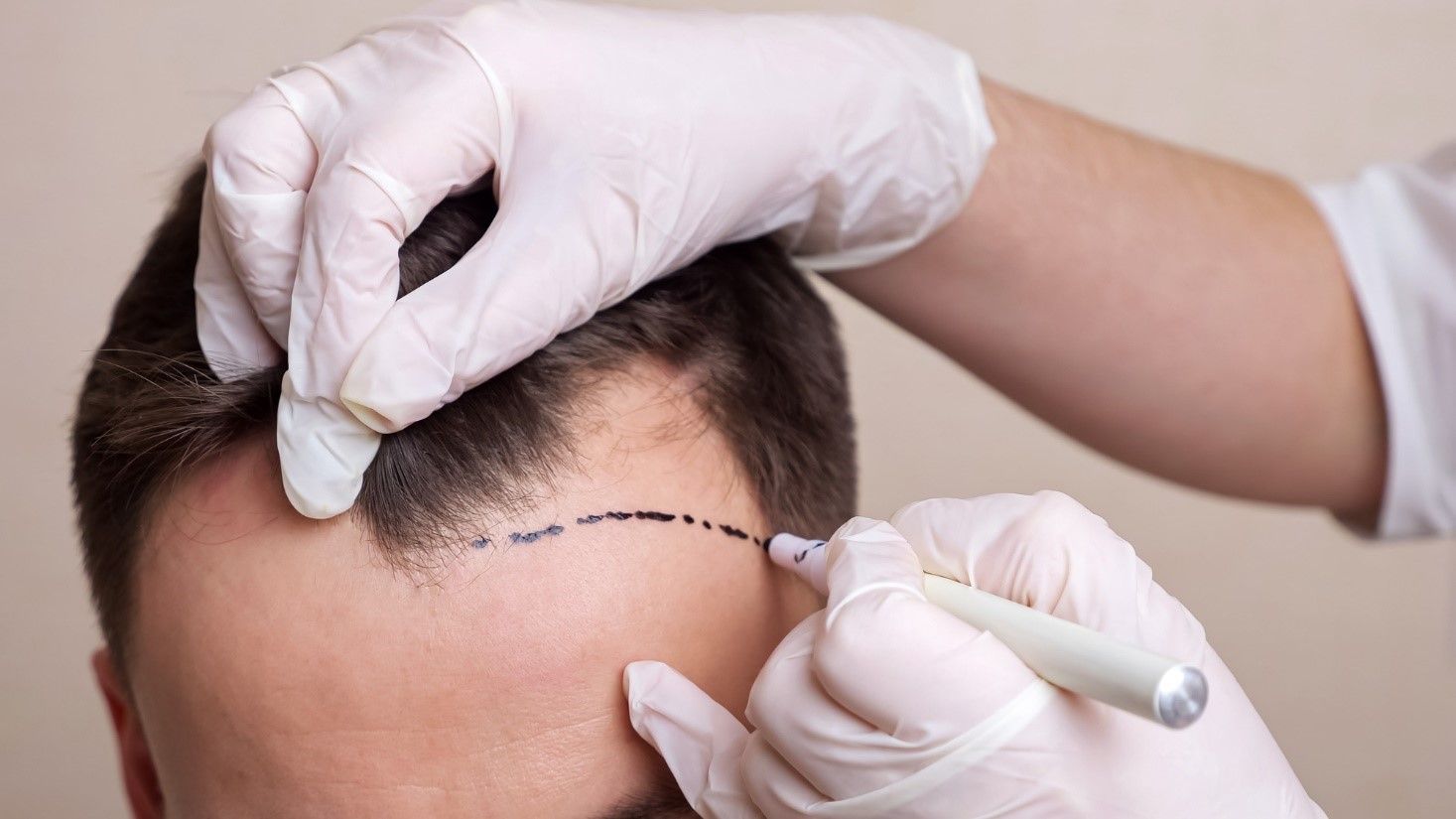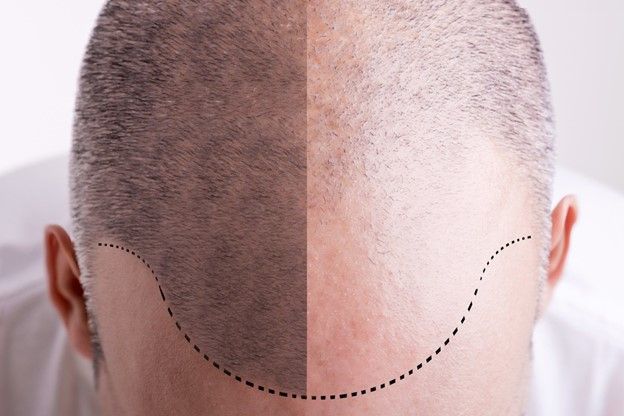How Stress Can Affect Hair Loss
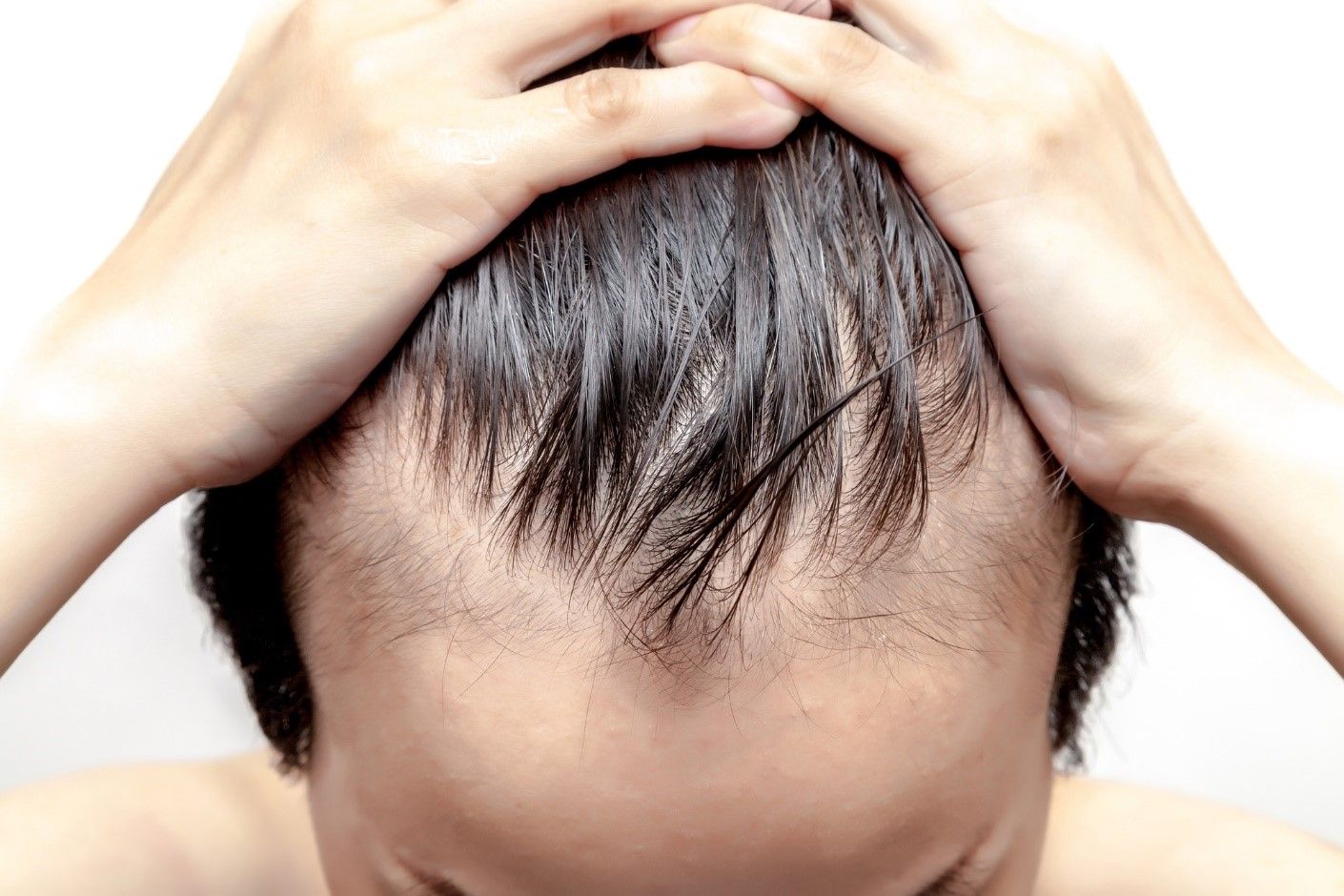
How Stress Can Affect Hair Loss
Stress is one of the most consequential mental states when it comes to our physical health. It may seem strange that feelings can equate to physical symptoms, but this is proven to be the case.
Hair loss is just one of these symptoms, and while pattern baldness is a perfectly normal condition for men, hair loss due to stress is quite different and can affect absolutely anyone.
But why, and how does this happen? Keep reading to find out and how it could be prevented and treated.
Normal Hair Growth Cycle
The normal cycle of hair growth goes through three main stages; anagen, catagen, and telogen. Let's look at what happens during each stage.
Anagen—Growth Phase
The anagen phase is where a hair is actively growing. Cells in the follicle divide rapidly, adding to the hair shaft. This phase lasts anywhere between 2-7 years.
Catagen—Transition Phase
In the catagen phase, the blood supply to a hair detaches and the hair stops actively growing. Around 15% of the hairs on your head are in this stage at any time, and it lasts 2-3 weeks.
Telogen—Resting Phase
The term telogen is in reference to the follicle, which rests for around 3 months during this stage.
Did you know that you lose 50-100 hairs every day? This part of the resting phase is called exogen, when old hairs are shed from the scalp, usually through brushing or washing.
Types of Stress-Related Hair Loss
While there are a number of reasons for hair loss beyond the normal cycle, there are a few reasons specifically linked to stress.
Telogen Effluvium
Telogen effluvium is a type of hair loss that can be brought on by stress and causes hair to be forced into the resting phase prematurely.
This brings a greater proportion of hair in the telogen phase, causing hair to fall out.
Trichotillomania
Trichotillomania is a mental disorder that gives the sufferer an incredibly strong urge to pull out their hair. It is one of several Body-Focused Repetitive Behaviors (BFRBs).
This condition can be exacerbated by stress. It can result in severe hair loss and could even damage hair follicles over time.
Alopecia Areata
This condition is known to most people just as alopecia, and while there are several causes, stress is thought to be one.
Alopecia areata is when the body's immune system attacks the hair follicles, causing patches of hair loss, and in some cases, complete hair loss.
Treatment for Stress-Related Hair Loss
Thankfully, there are treatments for hair loss, and Dr Paul Cotterill can offer some truly life-changing solutions. While stress management can help prevent further hair loss, hair transplants can restore what is lost, with incredible results.
Another type of treatment is PRP therapy (platelet-rich plasma therapy) which encourages natural hair growth through the stimulation of the follicles. We are proud to offer this treatment and continue to look for the most innovative and effective treatments.
Hair Loss Doesn't Have to Be Permanent
Dr Cotterill has offered FUT hair transplants in Toronto for over 35 years. When Dr Cotterill assesses your scalp, if the hair loss is stress-related, he will discuss with you valuable treatment options that may help you regain your hair. As non-surgical treatment, we offer PRP hair treatment and pharmaceutical medications including finasteride and minoxidil.
We would love to discuss your options with you, so get in touch today to
find out more and decide what treatment is best for you.

